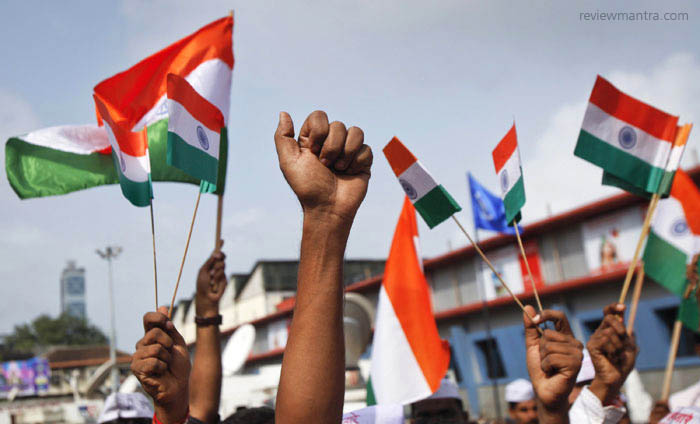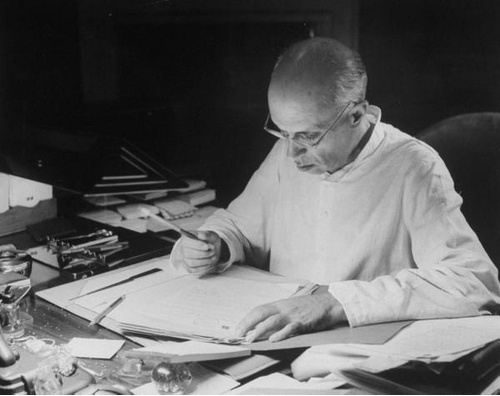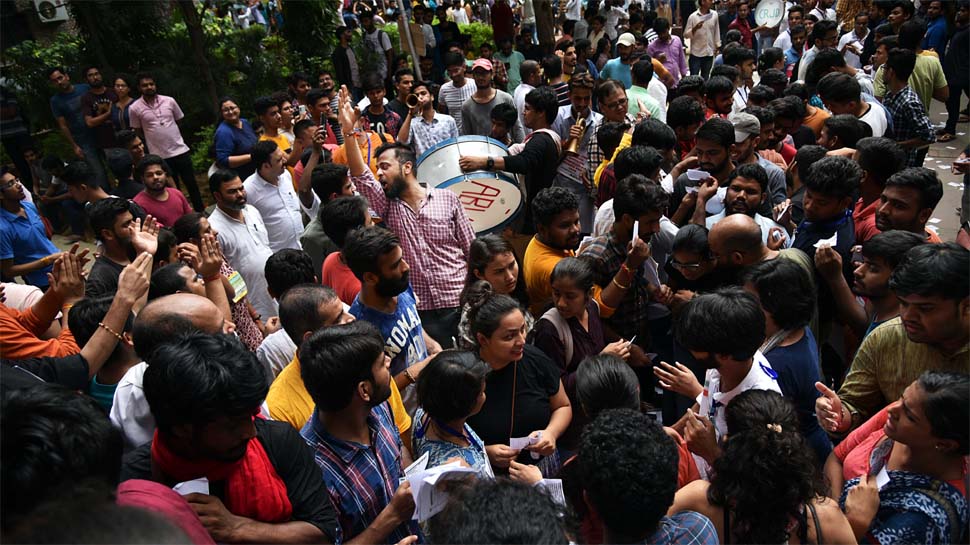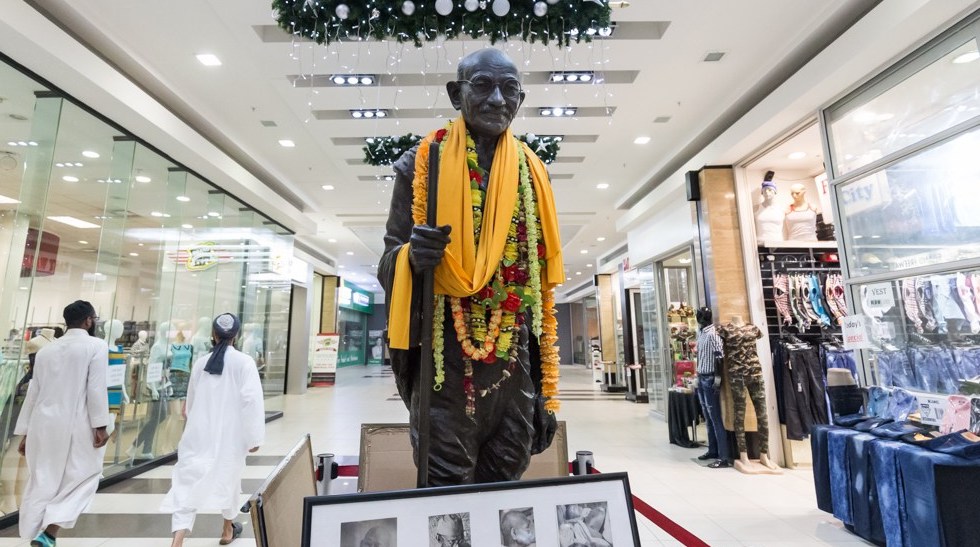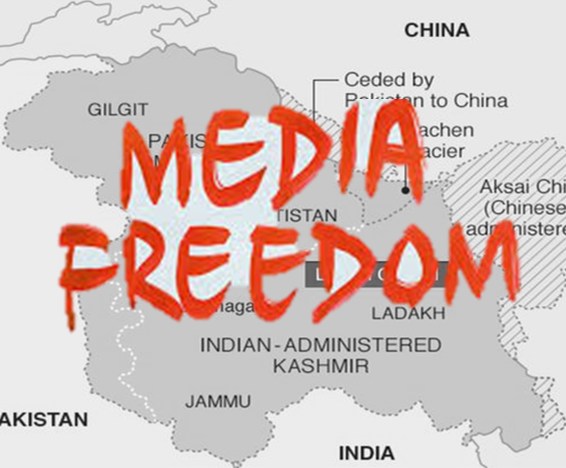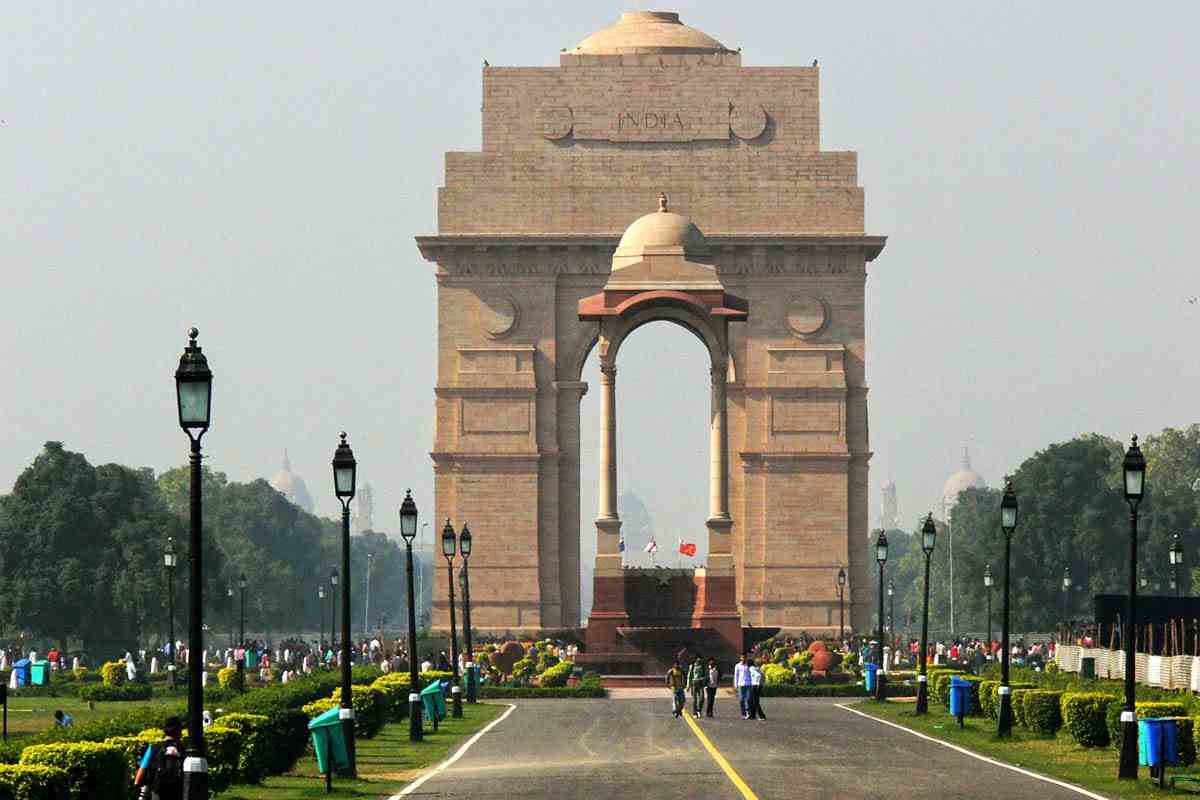With reflexivity and critical enquiry, the author relates the discourse of the nation to the spiritual freedom of the enlightened citizen.
Prof. Avijit Pathak teaches at the Centre for the Study of Social Systems, Jawaharlal Nehru University, New Delhi.
Yes, from a purely rational/detached perspective, it is possible to say that August 15 is just like any another day—a day with sunrise and sunset, market and hospital, cricket and weather report, and newspapers and television soap operas. However, for me—and possibly for many others—this day has a special meaning. Well, history recalls the day; the nation celebrates it; headmasters deliver speeches; sweets are distributed at schools; state authorities hoist the national flag; but for an unknown mortal like me, the day makes me contemplate on the very meaning of freedom, and its significance in the life of the nation and the individual. I pass through a process of inner churning.
My gratitude, my history
To begin with, it makes me feel a deep sense of gratitude. My existence is inseparable from the vision of freedom that once inspired the wounded/colonized nation to acquire the courage to stand up, and demand autonomy, self-rule and swaraj. History becomes alive and enchanting. I see Swami Vivekananda inspiring young people, teaching them the discourses of ‘Practical Vedanta’, and asking them to develop ‘muscles of iron, nerves of steel and gigantic will’. I see Bhagat Singh writing his diary in jail, refusing to bow down, making death meaningful, and giving us the lesson of fearlessness. I hear Gandhi speaking at Champaran, and giving us a new weapon of non-cooperation and satyagraha. I realize the meaning of decolonization.

Colonialism is about brute force, physical/economic exploitation legitimating itself through cultural hegemony: the West lured by its emergent bourgeoisie, industrial capitalism and Enlightenment rationality characterizing the rest of the world as ‘barbaric’ and ‘superstitious’, and through its educators like Thomas Babington Macaulay destroying our own cultural capital and self-confidence.
Decolonization, I tell myself, ought to be an exercise in unlearning this colonial modernity, and celebrating a new emancipatory world that values the worth of ‘soul force’, the spirit of peace and dialogue, the ethos of cultural pluralism and a spiritually regenerated/ecologically sensitive/egalitarian world not allowing the greed of modern techno- capitalism (or even aggressive socialism) to destroy the earth. With this spirit of decolonization, I go deeper into the meaning of freedom. It becomes easier for me to converse with Gandhi’s Hind Swaraj, Sri Aurobindo’s The Foundations of Indian Culture, B.R. Ambedkar’s Annihilation of Caste, and Nehru’s The Discovery of India. They gave me the vision, and enriched my understanding of the world.
Where are we? Is it the spirit of Independence?
August 15, 1947—the nation began a new journey. And even after seventy years we keep reflecting on the achievements and failures of post-Independent India. Today I do not wish to go into this endless debate—the conflicting opinions, surveys, expert comments (even ‘history in two minutes’ as propagated by a television channel) and ideological discourses. Nor do I wish to indulge myself into the ‘blame game’ that otherwise cynical/passive/talkers like us encourage: Why did the Mahatma fail to prevent partition? Why did Nehru fail to bring socialism? Or why Indira Gandhi could not eradicate poverty from the country? Instead, I wish to be introspective, and probe into our own agencies and responsibilities.
To begin with, it is clear to all of us that the twin problems of poverty (with heightened disparity) and corruption (with its widespread network running through a police constable to a high official/media celebrity/corporate boss in the corridors of power) have polluted the politico-cultural milieu, and caused a high degree of legitimization crisis. Under these circumstances, even the narratives of ‘achievement’ look shallow. The markers of ‘development’—smart cities, fancy super specialty hospitals, new urban spaces filled with malls, flyovers and gated communities, and the world of IT sectors and call centres—look vulgar and ugly amidst poverty, malnutrition, female infanticide, homelessness, farmers’ suicides and urban ghettoization.
Likewise, periodic elections and transfer of power do not appear to be truly democratic because of all-pervading corruption and muscle power: normalization of scams, corporate-media-politics nexus, devaluation of all principles, manipulation of identities and a strategic play (often packaged in a ‘secular’ idiom) with the tokenism of ‘Dalit/minority empowerment’. Furthermore, we are witnessing a new form of colonization invading the life world through the practices of neo liberal global capitalism. Displacement, ecological disaster, retreat of the state from all welfare schemes, commodification of even health and education, and growing privatization of collective/shared concerns like fresh air, safe drinking water and vibrant transportation through the blooming business of oxygen masks, mineral water bottles and private cars—these are some of the devastating consequences leading to the emergence of what sociologists regard as a ‘risk society’. Not solely that. We seem to have forgotten what the likes of Sadat Hasan Manto reminded us—the trauma of partition and psychology of violence. With the discourse of religious nationalism and the onslaught of majoritarianism, we find ourselves in a culture filled with fear, suspicion and broken relationships between religious communities.
Despite the official appropriation of Dr. B.R. Ambedkar, caste hierarchy and associated violence, far from withering away, continue to shatter the possibility of an animated/cohesive community. Can the nation be said to be truly independent and free if fear accompanies us everywhere, violence becomes the language of everyday life, and market invades every sphere of existence? Today even though the Prime minister is delivering his speech from the historic Red Fort, and FM channels are playing patriotic songs, I cannot escape these disturbing questions.
We are not passive spectators of history. Are we ready to experience freedom?
However, I do believe that the grand discourse of the nation cannot be separated from the micro narrative of the individual. What is freedom? As individuals, are we ready to experience freedom, and live with it? The process of inner churning leads me to ask this question. Yes, with my sociological sensibilities I am aware of the fact that as an individual, I am not free from societal forces, and my freedom is not absolute because historical forces and social structure surround my existence. Yet, it is also true that society is not a lifeless machine with its iron laws; with our practices, creative doings and dissenting voices we alter, redefine and restructure society.
The moment you and I begin to think that we are just passive spectators of history we cause a great damage to ourselves and to the art of making a good society. Hence, reflexivity is important. It is in this context that I wish to invoke the spirit of freedom as articulated in our spiritual philosophies—freedom from maya or the illusion that I am merely my body, my ego, my name, fame and property; instead, moksha or nirvana is an awareness and realization of the temporality of this illusory pleasure always accompanied by pain and suffering, and internalization of the light within that enables us to live meaningfully with love, compassion and boundless energy.
I believe that this longing has a deep meaning in the domain of the political. Don’t forget that in our times a new form of social control has emerged that appears to be seductive. Through the symbolism of consumerism, the propaganda machinery of ‘culture industry’ and the rationale of the market that measures one’s ‘happiness index’ in terms of consumption, possession and accumulation, this new form of social control seduces people like us: urban/university educated middle class professionals driven by the urge to be ambitious and competitive. We allow ourselves to become consumers, and as Erich Fromm said with great insight, this ‘having’ mode of existence causes envy, jealousy, restlessness, and separates us from the light of ‘being’. As a result, we allow this demonic market and reckless consumption to destroy human communities, the ecstasy and warmth in human relationships, and the balance in the eco system. Furthermore, this indulgence or this endless craving for ‘new needs’—from the latest gadget to the holiday package in Switzerland—makes us completely incapable of creative and critical thinking. No wonder, people like us get carried away by the ‘spectacles’—inflated growth rate, military parade, shiny malls and the Bollywood stuff of the Karan Johar variety.
To say ‘no’ to this trap (the more I have the more I seek to consume; the more I consume the more fearful I am; and the more fearful I am the more politically conservative I become) is to realize that freedom lies in inner richness, in simplicity (simplicity is not the celebration of poverty; it is the ability to distinguish the life-sustaining needs from the market-induced artificial ones), in the lightness of being, in the art of loving and living. This is also to acquire the courage and conviction to say ‘no’ to a political system, which breeds the ‘mass psychology of fascism’ through this new form of social control.
An enlightened nation requires enlightened citizens. Hence, we cannot remain contented with merely the outer show and packaging of the political spectacle: the assertive prime Minister promising to elevate India (or is it ‘digital India’?) to the status of ‘superpower’. We have to work on ourselves. And I have no hesitation in saying that this is something we can learn from not so fashionable Mohandas Karamchand Gandhi’s ‘experiments with truth’.
The New Leam has no external source of funding. For retaining its uniqueness, its high quality, its distinctive philosophy we wish to reduce the degree of dependence on corporate funding. We believe that if individuals like you come forward and SUPPORT THIS ENDEAVOR can make the magazine self-reliant in a very innovative way.

